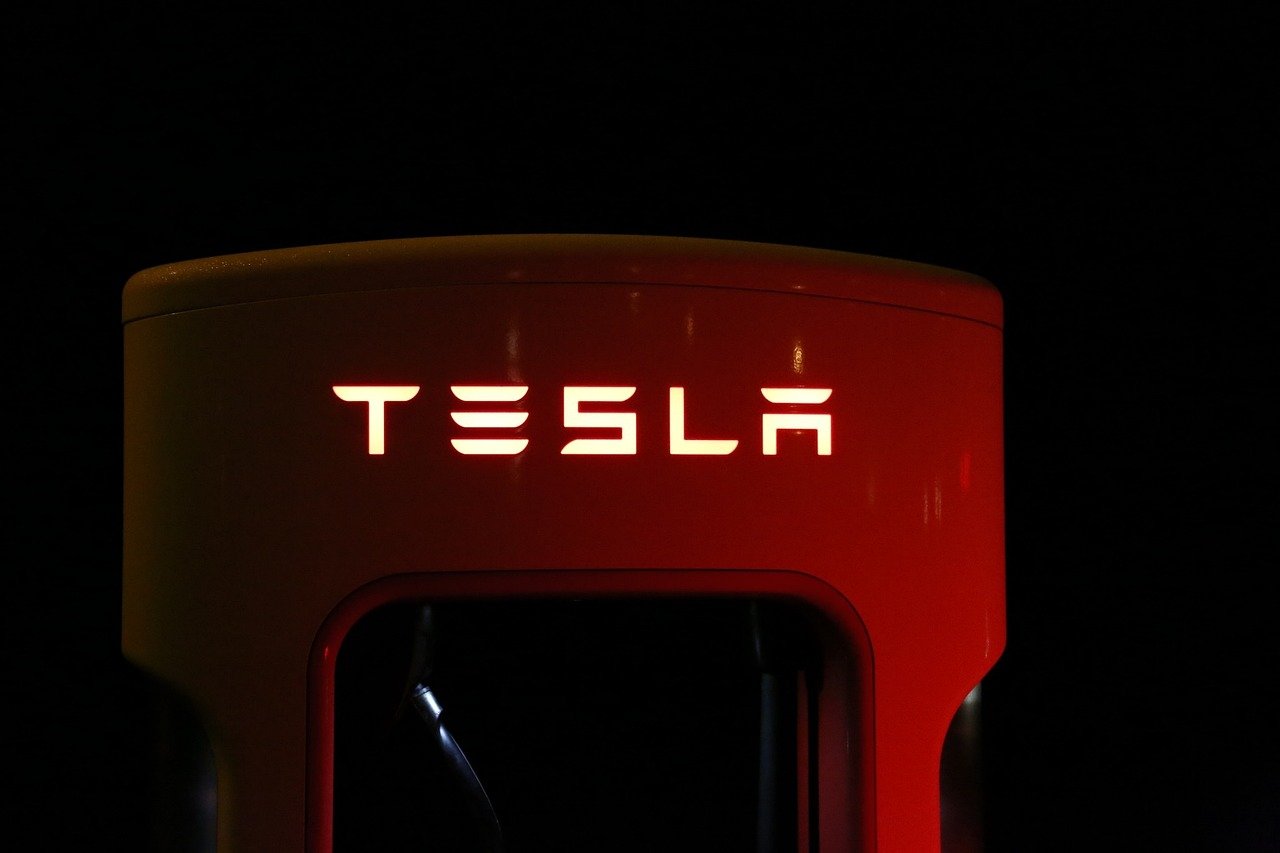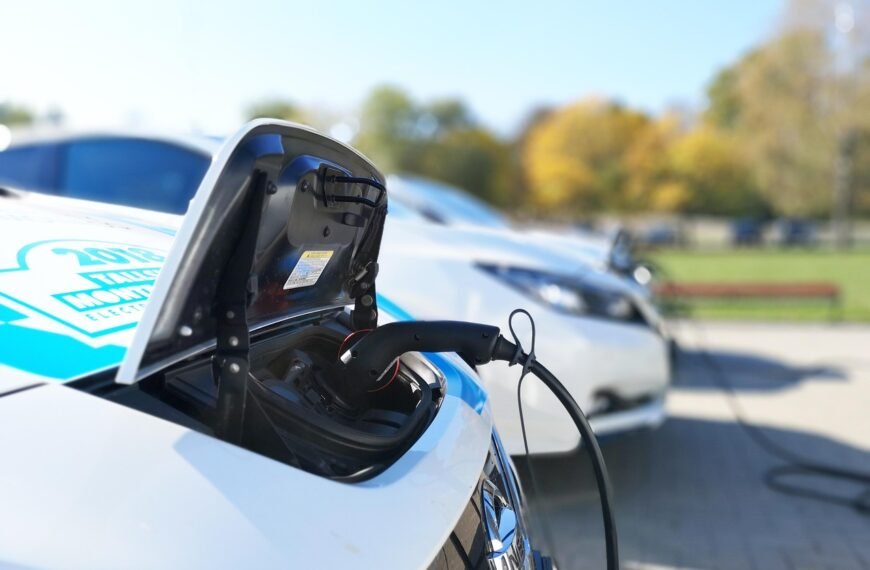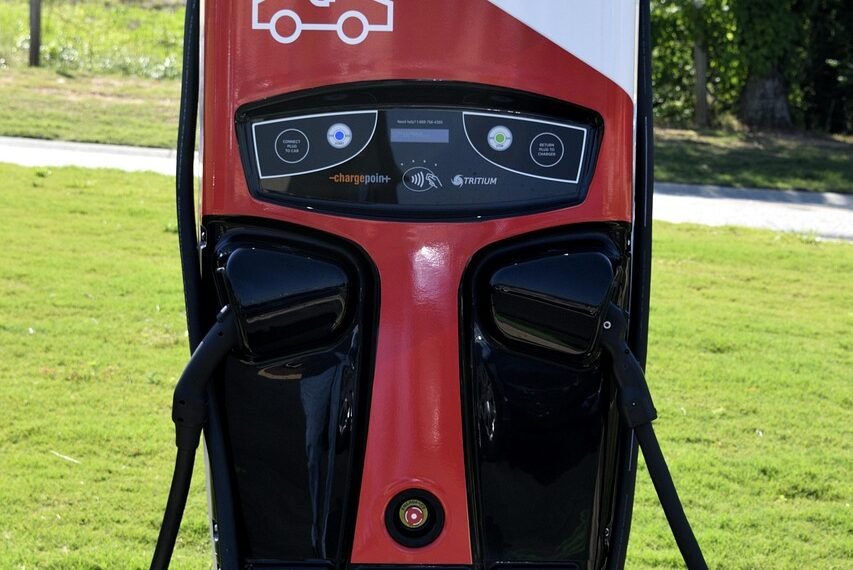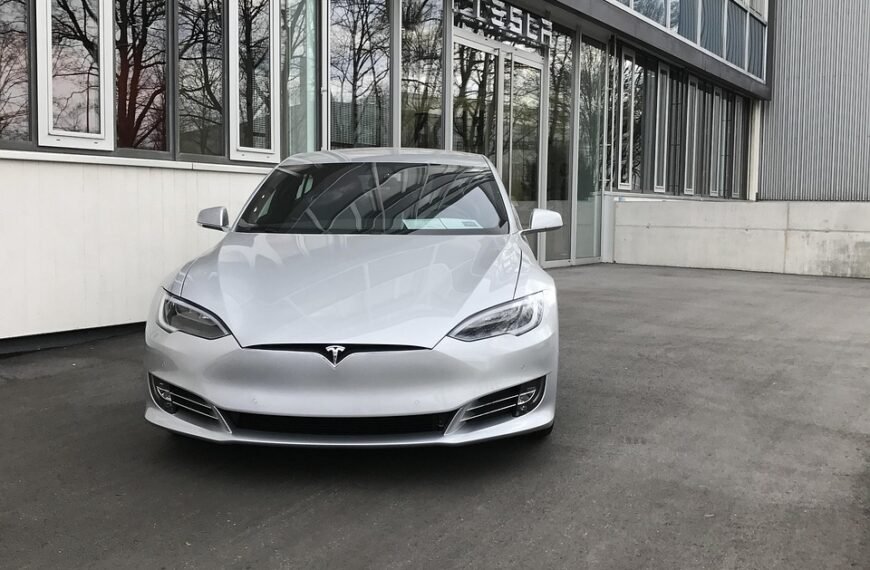Tesla’s latest earnings call left many wondering: Is it still a car company? CEO Elon Musk barely discussed Tesla’s core business—making and selling electric vehicles (EVs)—and instead focused on AI, self-driving tech, and robotics. Even investors were puzzled, with Morgan Stanley analyst Adam Jonas questioning the lack of discussion about Tesla’s automotive future.
Despite 80% of Tesla’s revenue still coming from car sales, the conversation revolved around AI-driven autonomy and Tesla’s Optimus humanoid robot. Musk seems far more interested in futuristic technology than in the day-to-day challenges of running an EV business. Investors, too, appeared more captivated by Tesla’s AI ambitions rather than questioning its production, new vehicle models, or profit margins.
However, Tesla’s car business is showing cracks. The company reported its first year-over-year sales decline in over a decade. Production in 2024 was down 4% compared to 2023, and deliveries dropped by 1%. Even with updates to the Model 3 and Model Y, Tesla’s lineup feels stale. The once-hyped Cybertruck has lost its momentum, while competitors continue rolling out fresh EV models across various price points.
Tesla did confirm that a next-gen affordable EV—possibly named Model Q—is still in development. But Musk has been noncommittal, previously scrapping similar plans. Investors also questioned the impact of potential EV tax credit cuts under a Trump administration. Instead of addressing specifics, Musk gave a vague response, asserting that electric, autonomous transport is inevitable.
Despite these concerns, Tesla’s stock rebounded after the earnings call, showing that investors remain hooked on Musk’s AI vision. But for Tesla owners and EV enthusiasts, the question remains: Is Tesla still about cars, or is it shifting toward a high-tech AI empire?






















